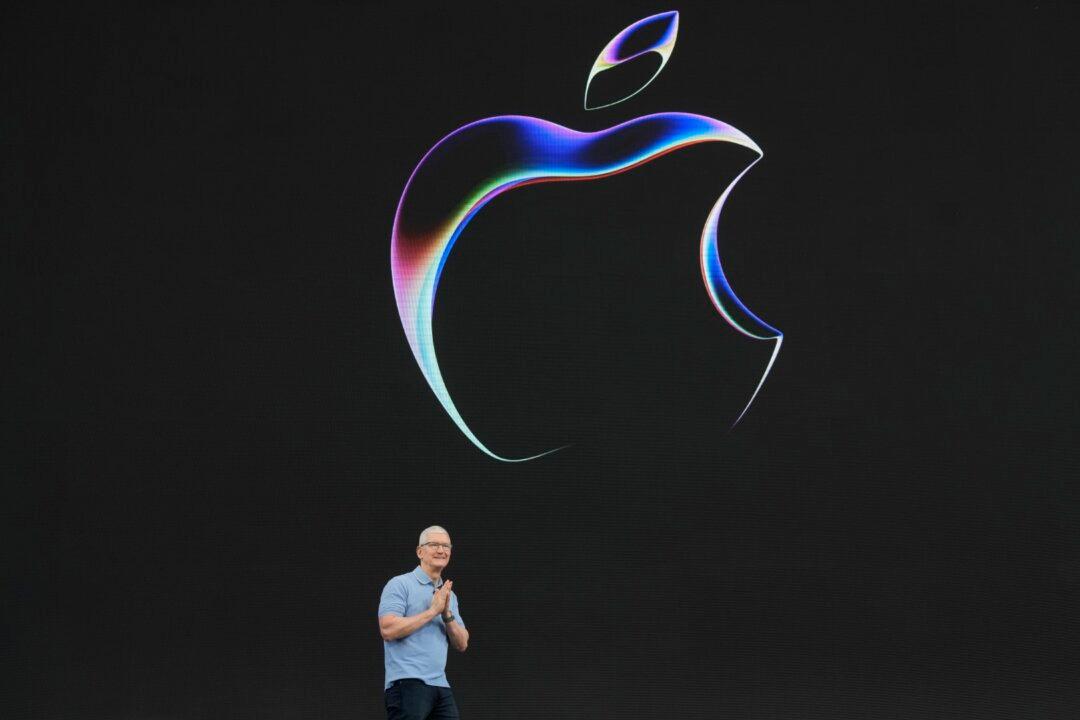In 1984, Apple ran its now iconic Super Bowl ad, directed by Hollywood heavyweight Ridley Scott, in which a young female athlete with a sledgehammer destroys an enormous video screen from which “Big Brother” issues diktats to a cowed population that is seated in rows and dressed in gray prison attire.
It was an ad for the Macintosh computer, and an upstart challenge to the overwhelming dominance of Bill Gates’ computer software firm, Microsoft. Today, however, some say that a role reversal has taken place.





